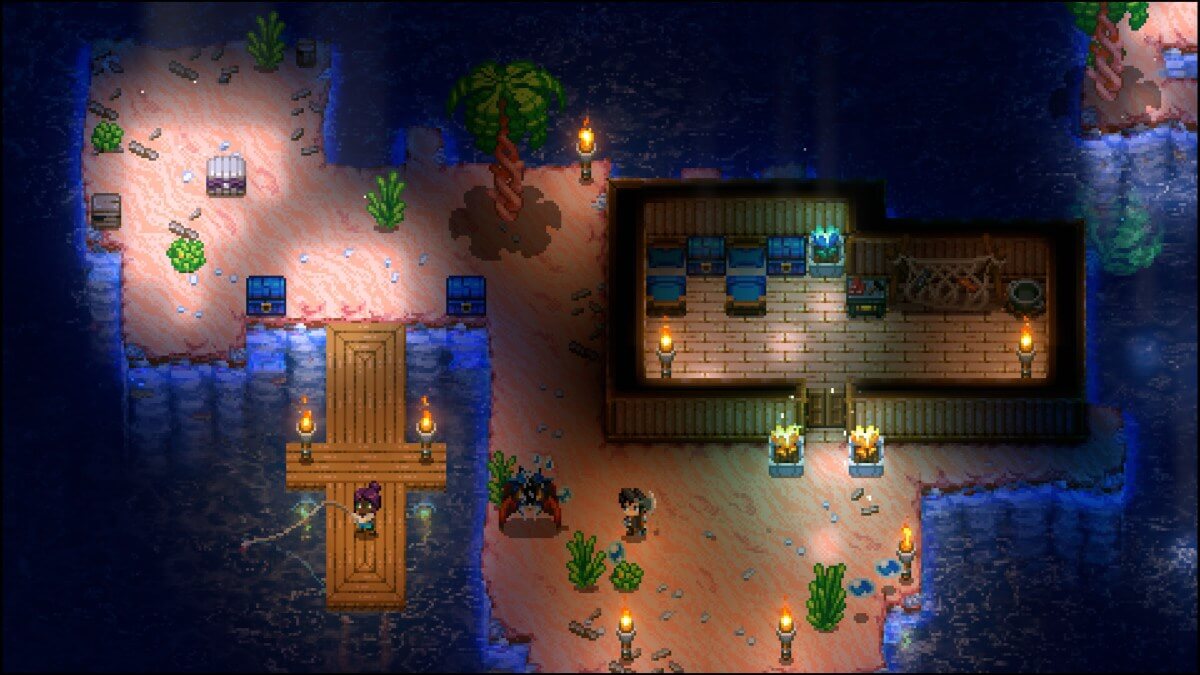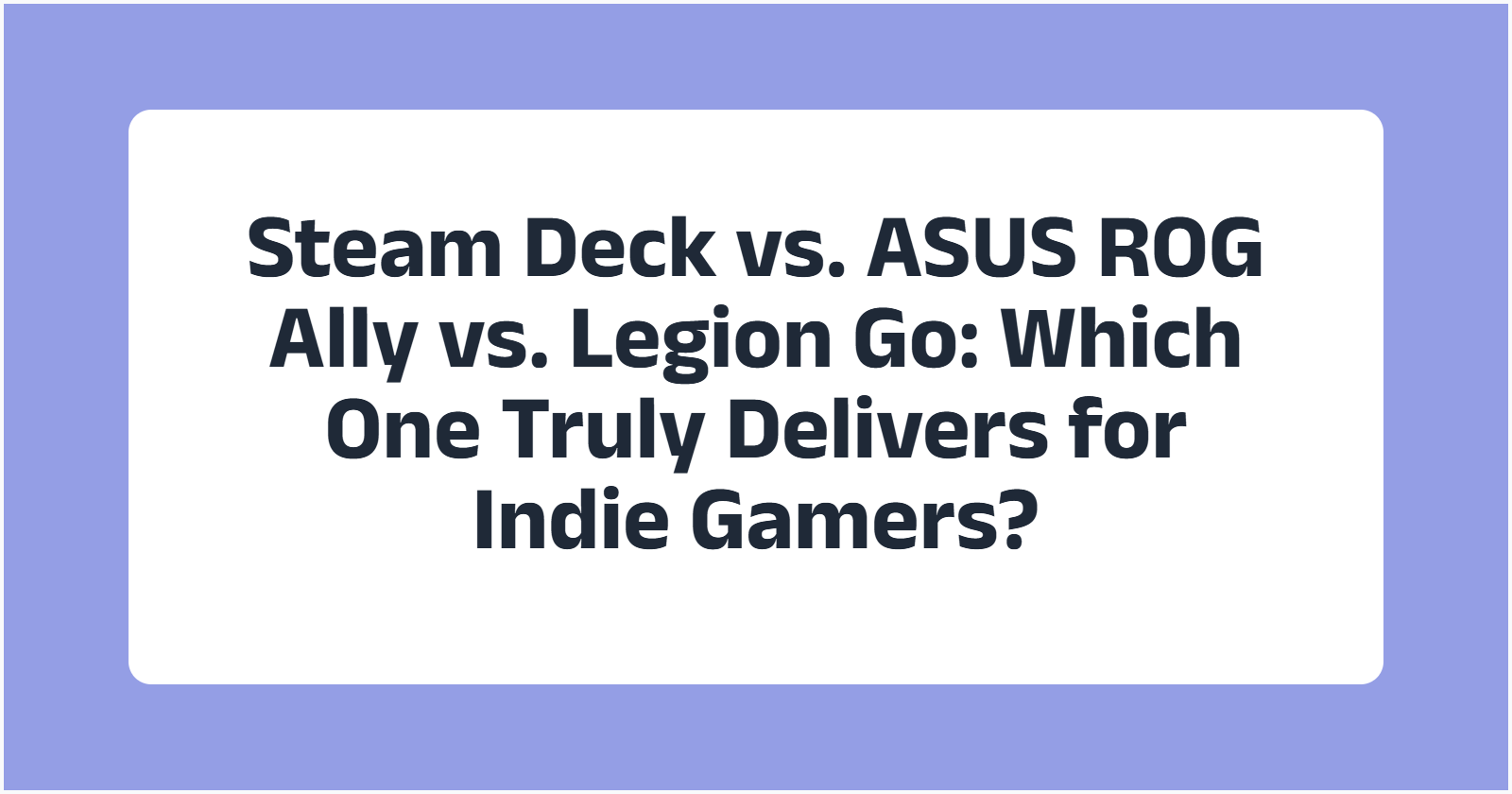What Does MMORPG Stand For?
In the world of gaming, MMORPGs have captured the imagination of millions of players. These immersive and expansive online gaming experiences have evolved into a cultural phenomenon, with players from all walks of life coming together in vast virtual worlds. In this article, we delve into the meaning of MMORPG and showcase some of the most popular games that have shaped the genre.
Understanding MMORPG
MMORPG stands for Massively Multiplayer Online Role-Playing Game. It refers to a type of online game that allows a large number of players to simultaneously interact with each other in a virtual world. MMORPGs typically involve character creation, exploration, questing, combat, and social interaction, all set in persistent online environments.
These games enable players to assume the roles of fictional characters, embarking on epic adventures, and progressing through an intricate storyline. One of the defining features of MMORPGs is the ability to interact and cooperate with other players, forming guilds, alliances, and engaging in player-versus-player (PvP) battles.
What are the most popular MMORPGs out there?
World of Warcraft
Blizzard Entertainment’s World of Warcraft (WoW) is one of the most iconic and influential MMORPGs ever created. Set in the high fantasy realm of Azeroth, WoW boasts a vast and richly detailed world, brimming with diverse landscapes, dungeons, and cities. With an extensive lore, numerous playable races, and classes, WoW offers a remarkable experience for both casual and hardcore gamers.
Final Fantasy XIV
As part of the long-running Final Fantasy series, Final Fantasy XIV (FFXIV) has earned a dedicated following. Developed by Square Enix, the game features stunning visuals, a captivating story, and a robust class system that allows players to switch roles at will. FFXIV also offers engaging group content, including raids and dungeons, making it a favorite among MMO enthusiasts.
The Elder Scrolls Online
Based on the beloved Elder Scrolls series, The Elder Scrolls Online (ESO) brings the vast open world of Tamriel to life. With a focus on exploration and immersive storytelling, ESO allows players to venture through familiar locations while uncovering new regions within the game’s ever-expanding world. The game provides diverse character customization options and thrilling player-versus-environment (PvE) and PvP gameplay.
Guild Wars 2
Guild Wars 2 (GW2) from ArenaNet is known for its dynamic events, open-world exploration, and compelling narrative. The game eschews traditional MMO mechanics by emphasizing cooperative play instead of competition. It offers a flexible class system, stunning visuals, and regular updates that introduce new content and storylines, ensuring a continuously evolving experience.
Black Desert Online
Black Desert Online (BDO) developed by Pearl Abyss is renowned for its stunning graphics and intricate character customization options. The game offers a massive open world filled with diverse landscapes and an engaging action-based combat system. BDO also introduces life skills and a robust player-driven economy, allowing players to engage in various activities beyond combat.
MMORPGs have revolutionized the gaming landscape, providing players with vast virtual realms to explore and a social space to connect with others. Through the immersive nature of these games, players can experience epic adventures, forge lasting friendships, and compete against others in a dynamic and ever-evolving environment. From the iconic World of Warcraft to the visually stunning Black Desert Online, MMORPGs offer a wide array of experiences to suit different tastes and preferences, ensuring that the genre remains a cornerstone of the gaming industry for years to come.
So, Is the MMORPG Genre Dying? Assessing the Playability and Popularity
The landscape of the gaming industry is constantly evolving, with new genres and gaming experiences emerging regularly. In recent years, there has been ongoing debate and speculation about the state of Massively Multiplayer Online Role-Playing Games (MMORPGs). Some argue that the genre is in decline, while others maintain that it continues to thrive. In this article, we explore the question of whether MMORPGs are dying by examining their playability and popularity in the current gaming climate.
Playability of MMORPGs – the constant updates and content adding
When assessing the playability of MMORPGs, it is essential to consider factors such as game mechanics, community engagement, and content updates. While it is true that the initial hype surrounding MMORPGs may have waned to some extent, many games in the genre continue to offer immersive and engaging gameplay experiences.
Modern MMORPGs often feature refined mechanics, intuitive controls, and accessible gameplay that cater to a broad audience. Developers have focused on streamlining the leveling process, providing more solo-friendly content, and implementing systems that allow players to progress at their own pace. Furthermore, frequent content updates and expansions ensure that there is always something new for players to experience, keeping the games fresh and exciting.
Popularity of MMORPGs – different target and expectations
The popularity of MMORPGs remains evident in the gaming industry, although the landscape has become more diverse with the rise of other gaming genres and platforms. While there may not be as many blockbuster MMORPG releases as in the past, several games have maintained strong player bases and communities.
World of Warcraft, despite being over a decade old, continues to be a dominant force in the genre, boasting millions of active subscribers. Final Fantasy XIV has experienced significant growth in recent years, attracting players with its captivating storytelling and regular updates. Other MMORPGs, such as The Elder Scrolls Online and Guild Wars 2, have also sustained dedicated player communities and receive ongoing support from developers.
Additionally, the rise of free-to-play MMORPGs has made the genre more accessible to a wider audience. Games like Black Desert Online and Star Wars: The Old Republic have successfully adopted this model, allowing players to experience the core gameplay without an upfront cost while offering optional in-game purchases for cosmetic items or convenience.
Summing things up – MMMORPGs are not dead, but evolving
While it is true that the MMORPG genre may have experienced a shift in dynamics, suggesting that it is dying would be premature and inaccurate. MMORPGs continue to offer compelling gameplay experiences, with developers refining mechanics, enhancing playability, and delivering regular content updates to keep players engaged. The popularity of established MMORPGs and the emergence of new free-to-play titles demonstrate that there is still a substantial audience for this genre.
As the gaming industry evolves, MMORPGs may need to adapt and innovate to meet the changing preferences and expectations of players. However, as long as there is a demand for immersive virtual worlds, cooperative gameplay, and social interactions, MMORPGs will remain a relevant and thriving genre in the gaming landscape.





